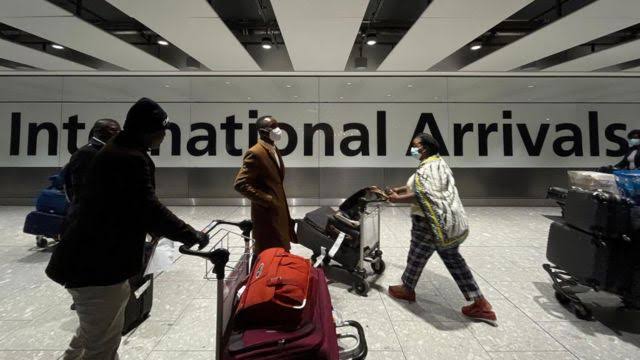Latest News
Nigeria Has Just 1 Doctor for Every 2,500 Citizens — FG Raises Alarm Over Silent Health Crisis

The Federal Government has raised alarm over the crippling state of Nigeria’s public healthcare system, revealing that over 16,000 doctors have fled the country in the past seven years, leaving a dangerously low number—fewer than 40,000 doctors—to serve a population of more than 220 million people.
This mass exodus has pushed Nigeria’s doctor-to-patient ratio down to just 3.9 per 10,000, far below the World Health Organization’s recommended average of 25 doctors per 10,000 patients, and significantly under the global average of 17.3.
At the 7th Annual Capacity Building Workshop of the Association of Medical Councils of Africa (AMCOA) in Abuja, Health Minister Muhammad Ali Pate described the situation as a “silent but far-reaching emergency.” He explained that many young healthcare professionals are leaving in search of better pay, working conditions, and opportunities abroad—just like he once did in the 1990s.
Highlighting the economic blow to Nigeria, Pate said it costs over $21,000 to train one doctor—money that is now walking out the door with every departing healthcare worker. He warned that rural areas are now critically underserved, and the migration has also thinned the ranks of nurses and midwives.
To combat this trend, the government is engaging with destination countries to introduce “train-for-train” bilateral agreements, ensuring countries that benefit from Nigerian professionals also invest in training pipelines back home. There’s also a push for a National Health Workforce Migration Policy that balances the right to migrate with the need to strengthen local systems.
RELATED STORIES
“I Won’t Run” — Nigerian Doctor Rejects Japa Trend
Nigerian Resident Doctors Strike Over Colleague’s Abduction
Pate emphasized a shift in approach—from “brain drain” to brain gain, and from despair to structured reintegration. The government is working with diaspora communities, such as the Association of Nigerian Physicians in the Americas (ANPA), to create easier pathways for returnees—offering academic reintegration, private practice support, and remote mentorship opportunities.
Meanwhile, the Medical and Dental Council of Nigeria (MDCN) is mapping the health workforce at home and abroad, monitoring international recruitment, and supporting policies that dignify healthcare workers, including better housing, improved security, and reduced isolation for young doctors.
MDCN Registrar Prof. Fatima Kyari and workshop host Prof. Afolabi Lesi both stressed the urgent need for Africa to unify its training standards, enhance teamwork in the health sector, and create resilient, integrated systems that can withstand future challenges.
Lesi also warned that health worker burnout is worsening as fewer professionals are left behind to carry the load, while the workshop aims to carve out a roadmap for long-term solutions to Nigeria’s deepening healthcare crisis.
